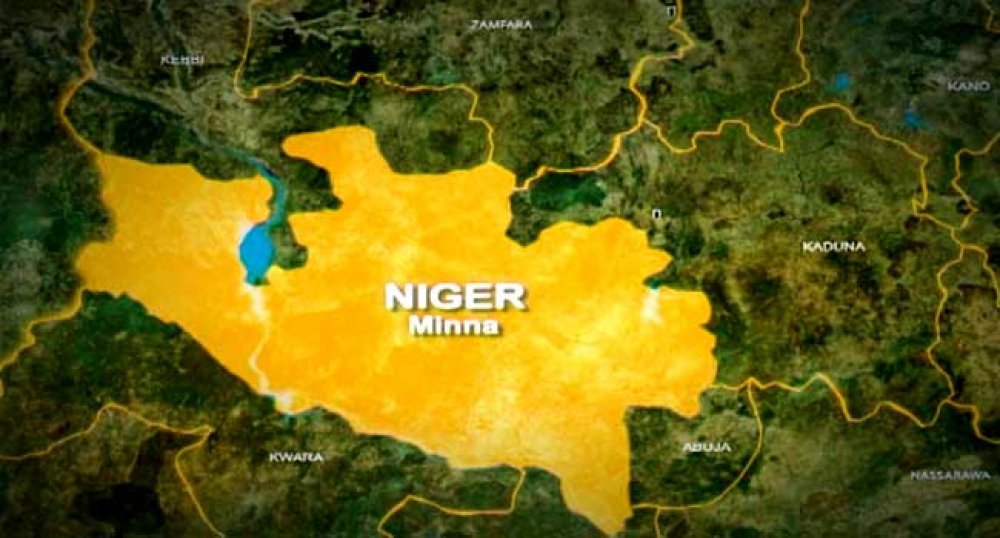Lagos State Government has reaffirmed that the demolition of structures at the Trade Fair Complex was conducted in accordance with physical planning laws, following a visit to the site by former Labour Party presidential candidate Peter Obi.
In a press statement released on Wednesday, the government criticised Obi’s remarks, which commended traders for their “restraint” and suggested that the demolished buildings had proper approvals.
The statement, signed by Gbenga Omotoso, Head of Information and Strategy, described Obi’s visit and commentary as an attempt to mislead the public through “misinformation and disinformation.”
The government clarified that the owners of the affected structures did not hold valid planning approvals.
“They were given ample time to regularise their papers when the State Government declared a general amnesty last year, which was extended several times. They shunned the offer,” the statement read.
According to the release, when officials from the Lagos State Physical Planning and Urban Development Ministry visited the complex to inspect the properties, they were allegedly denied access and physically assaulted.
“The gates were locked against them, and they were beaten. The police had to intervene to ensure the safety of our officers,” Omotoso said.
The statement further addressed claims that the Trade Fair Complex Management Board had authorised the construction.
It noted that while the Board, established by the Federal Government to manage the complex, may oversee leases, tenancies, and commercial activities, it lacks the authority to approve building developments independently of the Lagos State Government.
“Under the Nigerian Urban and Regional Planning Act (1992), as adopted by Lagos State, all physical developments within Lagos require planning permits from the State Ministry of Physical Planning and Urban Development,” the statement added.
“This position was reinforced by the Supreme Court in 2003 (Attorney-General of Lagos State v. Attorney-General of the Federation), which affirmed that land use and physical planning fall under concurrent jurisdiction, with states retaining authority to regulate development within their territories.”
The government emphasised that its enforcement actions were therefore lawful.
“The Management Board can allocate spaces and provide administrative consent, but any construction or alteration without state approval is illegal and may be sealed or demolished,” Omotoso said.
The statement called for adherence to law and order over political sentiment: “We must decide the kind of society we want — one governed by law or one run by emotions, fuelled by political interests.”






